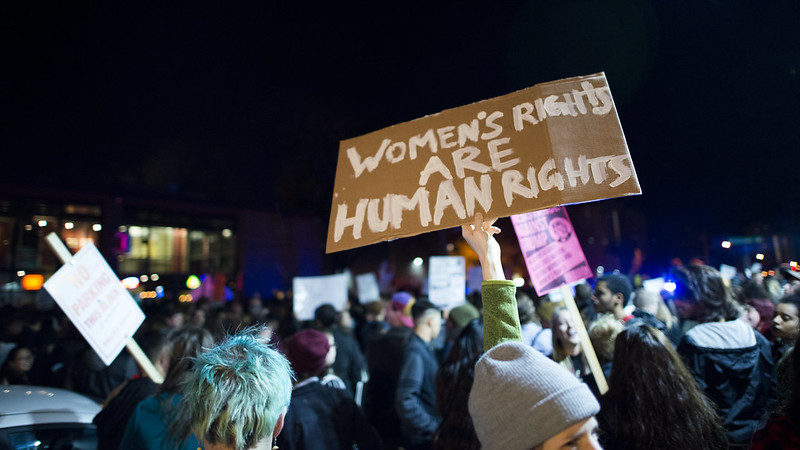BY DIEGO NORIEGA
There is a fine line between facts and opinions. A fact is a true statement that is indisputable while an opinion is simply a point of view. Lately, it seems that this line is blurred and both are weighed with equal validity. The real definitions are being ignored, causing facts to denied and opinions to be seen as the truth. Facts are seen as opinions and opinions as facts. People simply believe what they want to… so what’s the truth?
According to Ralph Keyes; an author, speaker and teacher; we are living in the “Post-Truth Era.” In Keyes’ most famous sociology book, The Post-Truth Era, he explains how in this era “borders blur between truth and lies, honesty and dishonesty, fiction and nonfiction.” Keyes’ study has caused many people to realize the direction our society is taking with regard to how people view media reporting, which could lead to devastating effects. Not having a grasp on the truth can “erode the foundation of trust” in the world. People share their opinions as if they were facts, so fake information is formed and spread.
This issue was most notable “during the presidential campaign last year.” Many politicians and news sources were observed making false statements, sometimes about their competition, in order to gain support. Even today, President Trump can be seen lying about many important issues, such as “Obama’s birthplace, John F. Kennedy’s assassination, September 11, the Iraq War, ISIS,” to name a few. Trump’s lies are mostly used so people hear what they want to hear, even if it is not truthful. Is this the type of world we want to live in?
With the help of the internet, misinformation is able to spread much more rapidly. In just the past few years, “two of the world’s biggest internet companies [Google and Facebook] have faced mounting criticism” over fake news on their sites. As anyone can now post anything online, there isn’t much censorship over which information is false. The companies affected by these issues are aware of the problem and are working hard to fix it, but the issue is already having negative effects and is difficult to fix.
Is there hope for future generations to escape the “Post-Truth Era”? Considering how the issue has escalated, it seems as if there is no escape. But there is one hope: education. It may be difficult, but teaching kids early on in life how to identify “whether a news article or a video is from a legitimate news organization” has potential to solve this issue. Emphasizing the distinctions between facts and opinions for future generations can help make the “Post-Truth Era” a short one.
Categories:
Are We Living in the Post-Truth Era?
April 28, 2017
photograph by Kaboompics-Karolina via pexels.com -CC0 license
0






